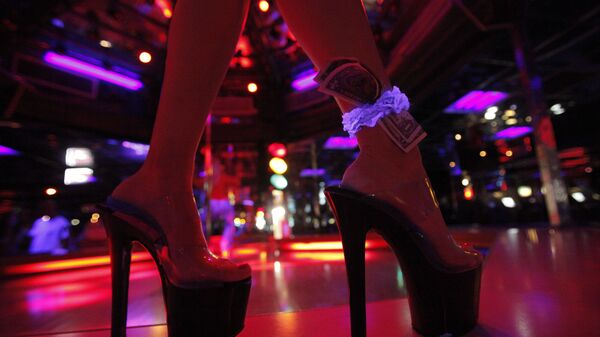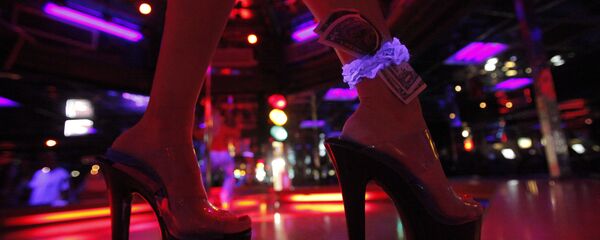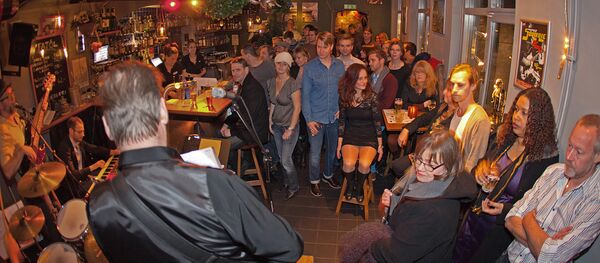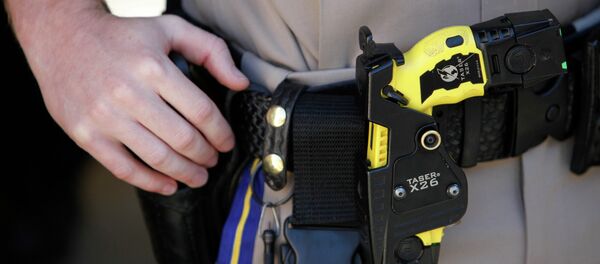According to the plaintiffs, the law violates the First Amendment to the US Constitution, which ensures freedom of speech and other forms of political expression, because it limits their freedom to express themselves through dance.
This argument is controversial, since a constitutional reading of the First Amendment details its intent to ensure freedoms of political speech, not necessarily freedom of nonverbal communication, including dance.
According to Ken Paulson, the president of the First Amendment Center, "[the First Amendment] in fact encompasses a wide range of expression beyond publications and the spoken word. All art forms — including plays, music, dance, film, literature, poetry and the visual arts — enjoy considerable First Amendment protection."
The extent of protections contained within the First Amendment is expressed clearly in a 1989 City of Dallas v. Stanglin case. According to Madison Gray, a writer at the First Amendment Center, so-called "social dancing," which includes dancing in nightclubs for pay, is not subject to constitutional protections, as it is "expressively distinct from performance."
The plaintiff's second argument is that the new Louisiana law is gender discriminatory, since it defines strip club performers as "entertainers whose breasts or buttocks are exposed to view."
From a logical point of view, since there is an "or" clause in the law, only one part of the body — either breasts or buttocks — must be exposed for the dance to be considered erotic, and, anatomically, both sexes have breasts and buttocks, despite their different appearance.
Thus, the law appears to be not only gender indiscriminate, but also turns all men who dance bare-chested into strippers with no constitutional protections for their "performances."
The courts will decide. Senator Ronnie Johns, the author of the new law, has called the plaintiffs' argument "ridiculous," and added that he is confident the courts will agree with him.





